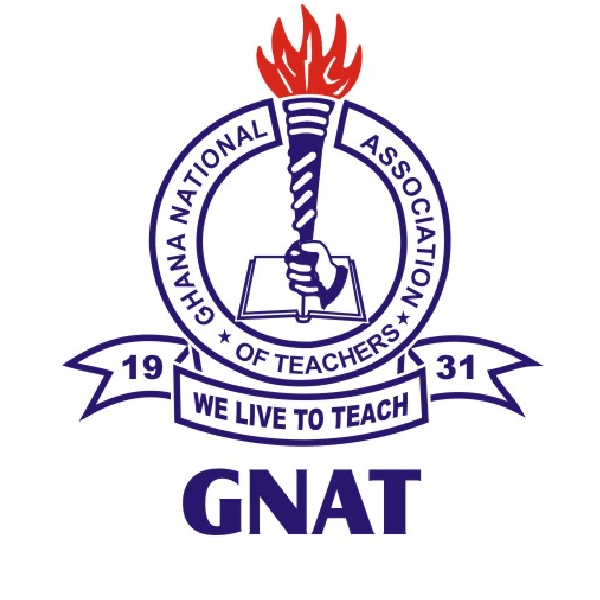Credit Kekeli K. Blamey
The Ghana National Association of Teachers (GNAT) has raised fresh concerns about the sustainability of teacher retention and morale, citing structural barriers in career progression, lack of housing support, and outdated study leave policies.
At the 7th Quadrennial District Delegates’ Conference held in Tepa, Ashanti Region, GNAT leaders warned that unless the government addresses these longstanding issues, the country risks a growing exodus of talented educators from the profession.
Outgoing Ahafo Ano North District Chairman, Elvis Prince Biney, painted a bleak picture of teacher motivation under the current conditions. “Teachers are stuck for nearly a decade trying to move from one rank to another,” he said, referring to the transition from Assistant Director to Deputy Director. “The current system is inefficient and demoralising.”
He called for an overhaul of the Ghana Education Service’s (GES) promotion structure, suggesting it be simplified to boost morale and reward experience more effectively.
“What is the real difference between Assistant Director I and II? This bureaucratic ladder doesn’t reflect a fair appreciation of teachers’ work.”
Push for Housing Support
Beyond promotions, GNAT is advocating for practical support systems such as a national housing mortgage scheme for teachers.
Biney cited examples from other African nations like Ivory Coast, where educators can leverage their pensions to build homes. “In Ghana, we have several funds—Teachers’ Fund, Tier 2, SSNIT—but no clear path for teachers to own homes before retirement,” he lamented.
Such a scheme, he argued, would not only improve living conditions but also serve as an incentive for young graduates to remain in the profession.
Modernising Study Leave

The union is also calling for reforms in academic development, particularly around study leave. With a bachelor’s degree now the basic entry qualification for teaching, GNAT believes the current policy is outdated and should be extended to include postgraduate studies.
“Teachers need to upskill to stay relevant, yet current policies are stuck in the past,” said Biney.
GNAT National and Education Authorities Respond
GNAT’s First National Trustee, John Owusu Mensah, acknowledged progress in some areas—particularly the government’s recent clearance of promotion backlogs—but emphasised that more must be done to address systemic bottlenecks.
Meanwhile, Municipal Director of Education, Grace Oppong Agyapong, added that rural education continues to suffer from poor infrastructure, delayed allowances, and difficult working conditions. “Until these challenges are resolved, the quality of education and teacher wellbeing will remain compromised,” she noted.
As the conference wrapped up, newly elected GNAT executives were tasked with driving forward these reform demands over the next four years, with a renewed focus on advocating for policies that ensure teachers are not just heard—but supported.








